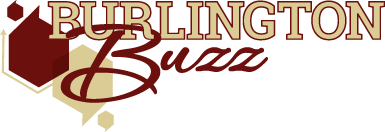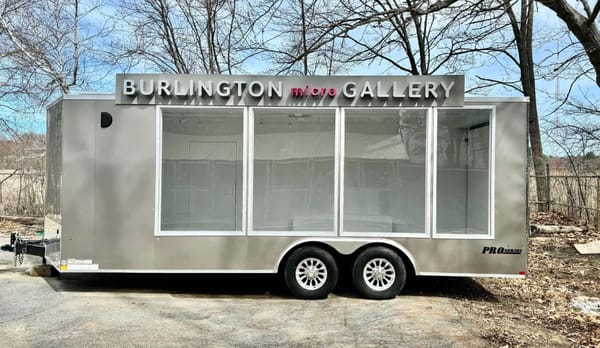Profile | Board of Health
Protect, Promote, and Prepare

The Burlington Board of Health is responsible for enforcing state and local health regulations, creating its own reasonable local regulations, tracking and responding to health issues in the community, and running programs that benefit the health of our residents.
The Board of Health’s responsibilities to the health of our community take many forms:
- Enforce state regulations
- Enforce local regulations
- Create its own regulations, if reasonable
- Conduct inspections
- Issue permits
- Respond to complaints and incidents
- Engage in outreach and education for the continued health of Burlington residents
Here is a short list ( ) of areas where the Board of Health might be involved:
*Takes deep breath* Residences and other buildings before a demolition/rehab, restaurants, recreational camps, body art and tanning studios, tobacco vendors, mobile food trucks, septic systems, wells, pools, domestic animals like chickens, horses, etc., recommendations to the Town Clerk on kennel permits, home kitchens that are used for a business, mosquito control, stormwater, hazardous materials, temporary food permits, like for an event on the Common, responding to emergencies, fielding complaints about things like odor, noise, smoking, drainage, or hazardous materials.
Phew, that was a lot. And that’s just a cross-section of the Board’s responsibilities.
Like the Planning Board, the Board of Health meets twice monthly, but unlike the PB, the BOH doesn’t do much interfacing with Town Meeting or its subcommittees. From time to time, they might get involved and make recommendations to Town Meeting in the area of our local public health bylaws, like storm water and hazardous materials, and very rarely they will issue a warrant article requesting capital for a departmental need. Most recently, that occurred last year when the BOH requested funding for an Associate Director positions to help do some of the billion things the department is already doing.
This board has five members serving three-year terms. They are a very busy group of folks, and just like with Planning Board, there are a TON of different areas where expertise is required to make informed decisions. For example, depending on what subcommittee you’re on, it might be helpful to have experience with drainage, hazardous materials management, or reading site and building plans. It’s not required to have a medical or science background, but it certainly helps Board members understand the questions before them.
The Board of Health has a professional staff of 9, including:
- 2 Administrative Assistants
- Medical Reserve Corps professional (funded through a grant)
- Director
- Associate Director (a position approved by Town Meeting last year and who was announced last night at Town Meeting)
- Environmental Engineer – planning reviews, anything to do with environmental bylaws, regulations, and policies
- Health Agent – permitting, plan review, and inspections
- Associate Health Inspector - inspections
- Public Health Nurse
While I think many of these roles are self-explanatory, I’m going to stick with the Public Health Nurse for a minute.
Some responsibilities of the Public Health nurse are:
- Communicable disease investigation. This includes COVID, of course, but also tuberculosis, salmonella and other public health threats.
- Direct observational therapy with ill individuals, ensuring they have the therapies they need and are taking their medications and precautions
- Education and outreach, including bladder cancer screening for the Fire Department, blood pressure screenings, and a yearly health fair (which is coming up on May 21!)
I’m sure you can imagine the enormous increase in workload on the Board of Health and the Department of Public Health since the pandemic started 2 years ago. Just to crystallize this a bit, in addition to all the Board already does, they have also been responsible for enforcing requirements as the reopening rolled out. This includes becoming familiar with all the different sector-specific standards, which changed with each phase of reopening. This also includes contact tracing, monitoring quarantine/isolation, and responding to complaints about non-compliance with these regulations.
[By the way, did you know quarantine and isolation are different? Isolation is when you're sick (or confirmed infected); quarantine is when you're not. Learn something new every day!]
Alright, I’ll end my epic saga now. I hope you learned something you didn’t know before and gained a new appreciation for all our Board of Health does to keep our community safe and healthy!





